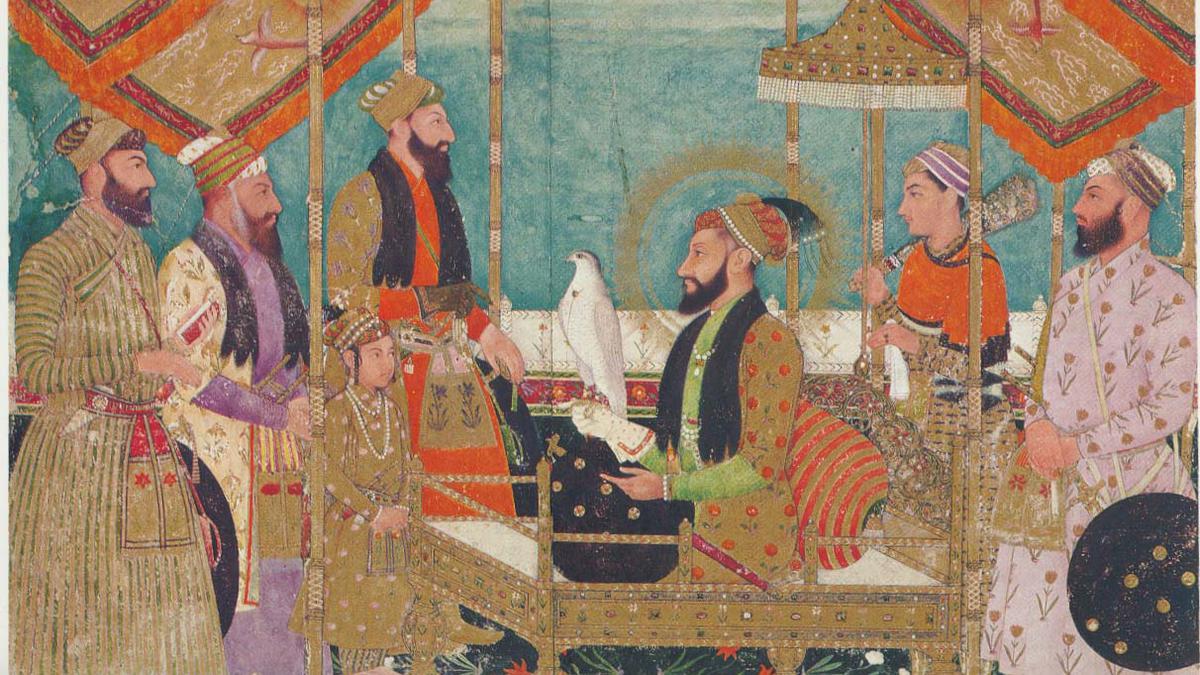
The Hindu Lit Fest 2024 | Author Charu Nivedita and translator Nandini Krishnan on their new book ‘Conversations with Aurangzeb’
The Hindu
Tamil writer Charu Nivedita's "Conversations with Aurangzeb", translated by Nandini Krishnan, is an unpredictable, irreverent novel that challenges genres and explores contemporary subjects.
Tamil writer Charu Nivedita’s Conversations with Aurangzeb, translated by Nandini Krishnan, is an unpredictable book. In it, a writer begins a novel with an idea but soon meets the spirit of Mughal emperor Aurangzeb, who decides to seize the opportunity to tell his side of the story. This is an irreverent, indignant Aurangzeb, most unlike the historical character we are familiar with. The writer and Aurangzeb speak of the past and present, of Mughals and Marxism, of satire and Sunny Leone, and a host of other contemporary subjects. Krishnan says the novel is “defiant of all genres”.
In the lead-up to The Hindu Lit Fest 2024 on January 26-27, Nivedita and Krishnan discuss the wildly imaginative book, their collaborative process, and the latest translation fad. Edited excerpts:
Charu Nivedita: All my writing is risky because I always choose taboo topics. I have always been a misunderstood guy. In a historical perspective, Aurangzeb is also a misunderstood guy. So, I find some similarity between Aurangzeb and myself as a writer.
CN: Even though I live in Tamil Nadu, I don’t agree with the culture here. My fellow writers don’t consider me a writer; I always feel like an outsider. Though I write in Tamil, I imagine a European, South American or an Arab readership. I mock the land in which I live. I feel sometimes that I live in a circus when I see the film industry, the paal abhishekam (a ritual of worship with milk) for the cut-outs of actors, or the happenings in the political arena. Self-mocking is important. One who is ready to parody himself or herself can do that with others.
Nandini Krishnan: When the book was originally written, it was targeting a very small population of Tamil readers. For all of them to be able to relate to the novel, there had to be these references.
NK: I mean there are certain books that are extremely localised. For example, anyone in India who has watched Hindi films would find the line ‘Kitne aadmi the? (How many men were there?)’ funny in any context. But if you’re going to use that line with an American audience or with someone who doesn’t watch Hindi films, it would make no sense at all.
The history of Tamil cinema is as old as modern Tamil writing. There are constant references and cross-references to it in literature. Even in (Nivedita’s) Zero Degree, there is a reference to a scene from the film Chinna Gounder. Unless you get its context, it is not jarring or funny or discomfiting in any way. That’s why I felt Zero Degree was untranslatable.











